
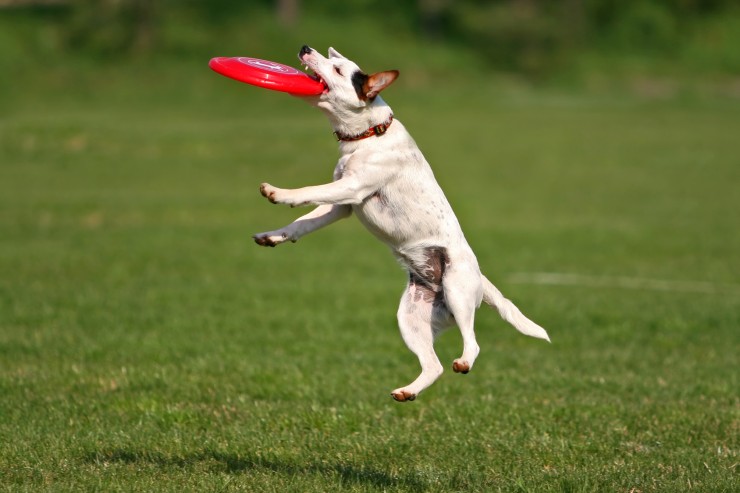
Many people have, at some point, had an accident that led to them cracking a tooth-usually in childhood, and often as the result of trying to do something a little too ambitious with a bike or a skateboard! As anyone who has had a cracked tooth of their own will know, they can be very painful, particularly when chewing, or if you manage to accidentally bite down on the tooth when you didn’t mean to.
Added to this, cracked teeth tend to lead to decay and additional problems, which again, can be very painful and will rarely go away on their own without a trip to the dentist! Cracked teeth are also common in the dog, due to a variety of reasons, and in this article we will look at the most common causes of cracked teeth in the dog, how to identify them, and what to do. Read on to learn more about dogs and the types of oral injuries that can lead to cracked teeth.
Teeth don’t just crack or fracture on their own, unless they are very weak and in poor condition to begin with. Injuries, damage and trauma that affect the mouth lead to cracked teeth which can of course occur due to a variety of causes. Some of the most common incidents that lead to a cracked tooth include:
Any dog, large or small, can potentially crack a tooth, as cracked teeth happen due to injuries rather than an underlying health problem (aside from in cases where a hereditary or health problem leads to a weakening of the teeth and so, an increased likelihood of trauma) and so there is no breed-specific propensity to such injuries.
However, dogs that are obsessive about playing games of fetch and that are apt to pick up anything nearby to encourage you to throw it, even if it is a stone or something else hard, will be slightly more at risk. If you own a dog that is mad for playing fetch, such as a springer spaniel or a Labrador retriever, it is important to train them not to pick up things like rocks or stones, and never to encourage them by playing with such things or trying to pull them from your dog’s mouth.
As dogs get older too, their teeth tend to become rather weaker and more brittle, and so more prone to developing injuries.
You may be able to see the actual crack in the affected tooth itself, depending on where in your dog’s mouth the injured tooth is, and what part of it is cracked. However, this is not always easy, and so you should be on the lookout for some of the more common symptoms of potential dental problems too.
These can include a loss of appetite and a particular avoidance of hard food, dropping food from the mouth when eating, avoiding chewing or eating very delicately, and if the tooth is rotting, foul breath.
A cracked tooth is often painful too, and so if your dog shows signs of pain when eating or yelps when they bite down on something in a certain way, this is a good indication of a potential crack. Crying and pawing at the mouth is also a sign that something is wrong in there too.
If your dog appears to be displaying any of these symptoms but a glance at their teeth seems to indicate that they are clean and healthy, do not rule out the possibility that one of their teeth is cracked in a place that you cannot see-take your dog to the vet for a proper oral check-up.
What your vet will do to sort the problem out will depend on a variety of things, such as which tooth is affected, how badly cracked it is, where the crack is, and how much pain your dog is in.
The affected tooth may need to be extracted, or alternatively, your vet may be able to use a cap or a crown to repair the injured tooth without the need to remove it. Any dental procedure such as these require a general anaesthetic for your dog, and while pet insurance firms will not pay out for preventative dental treatments or veterinary teeth cleaning, most policies cover dental treatments that are required as the result of an accident or injury.
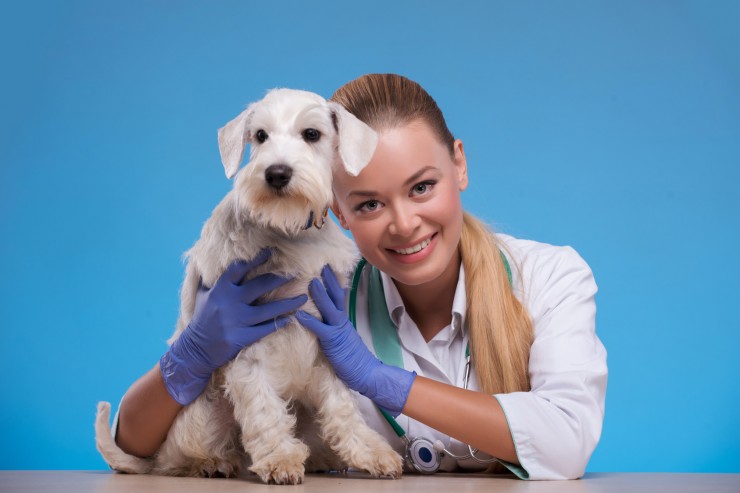 Why A Six Month Health Check Is Important For Your Puppy
Why A Six Month Health Check Is Important For Your Puppy
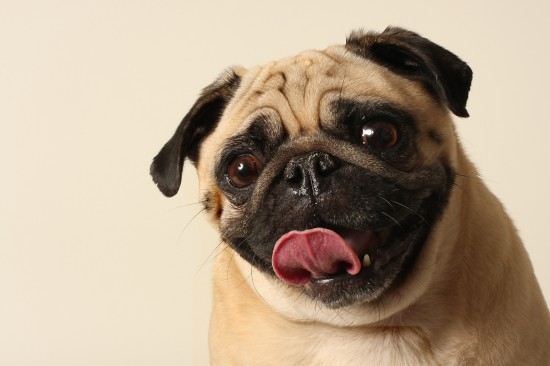 Ultra-typing Or Over-typing In Cats And Dogs
Ultra-typing Or Over-typing In Cats And Dogs
 Things to Keep in Mind before Taking your Dog to a Dog Boarding Facility
Things to Keep in Mind before Taking your Dog to a Dog Boarding Facility
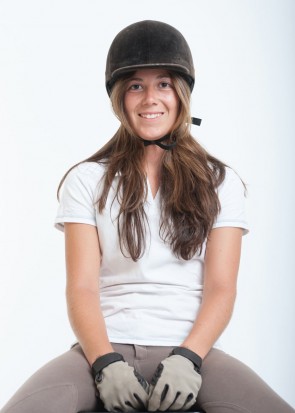 Why Is It Important To Wear The Right Clothes For Horse Riding?
Why Is It Important To Wear The Right Clothes For Horse Riding?
 Find Vital Pet Vaccines at Mansfield Animal Hospital
Find Vital Pet Vaccines at Mansfield Animal Hospital
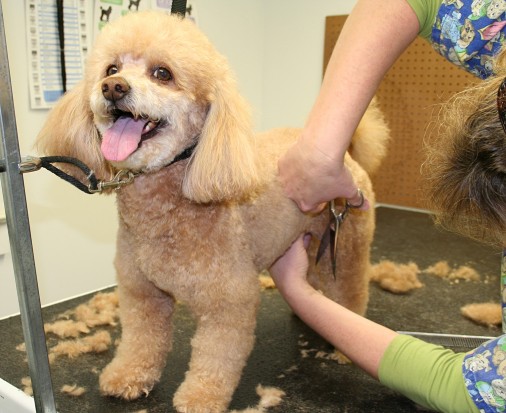 Caring For Curly Coated, Low-shedding Dogs
Caring For Curly Coated, Low-shedding Dogs
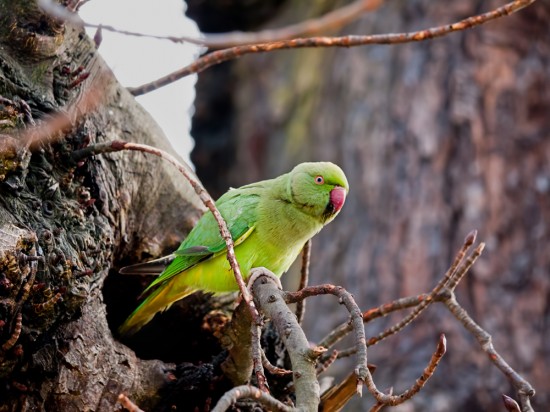 Exotic Birds Living Wild In London - The Feral London Parrots
Exotic Birds Livi
Exotic Birds Living Wild In London - The Feral London Parrots
Exotic Birds Livi
 Is The Papillon A Good Choice Of Dog?
Is The Papillon A
Is The Papillon A Good Choice Of Dog?
Is The Papillon A
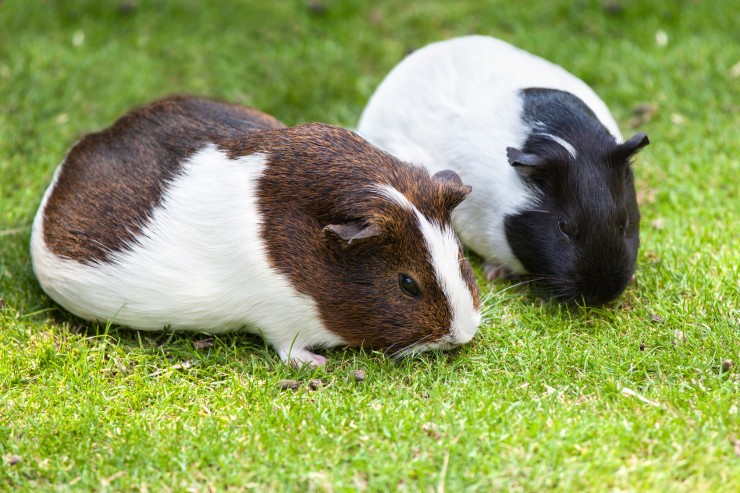 Guinea Pigs And Their Need For Companionship
Guinea Pigs And T
Guinea Pigs And Their Need For Companionship
Guinea Pigs And T
 10 Tips For Feeding Bitches During Pregnancy & Lactation
10 Tips For Feedi
10 Tips For Feeding Bitches During Pregnancy & Lactation
10 Tips For Feedi
 Read This Article If Animal Abuse Upsets You
Read This Article If Animal Abuse Upsets You
Copyright © 2005-2016 Pet Information All Rights Reserved
Contact us: www162date@outlook.com